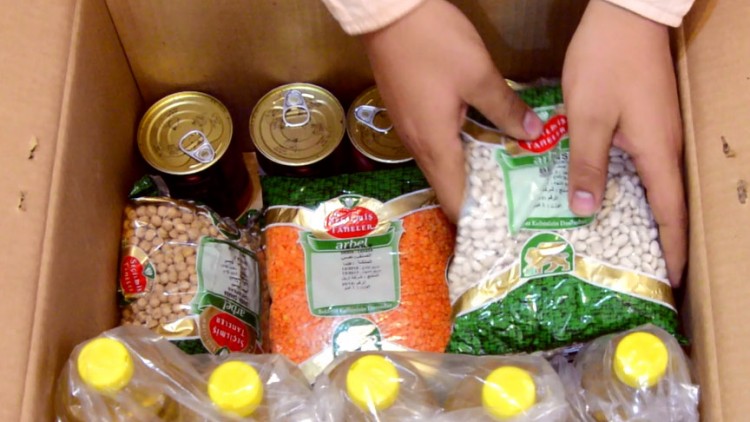
The ICRC defines economic security as the ability of individuals, households or communities to cover their essential needs sustainably and with dignity. This can vary according to an individual’s physical needs, the environment and prevailing cultural standards. Food, basic shelter, clothing and hygiene qualify as essential needs, as does the related expenditure; the essential assets needed to earn a living, and the costs associated with health care and education also qualify.
The ICRC’s Economic Security (EcoSec) Unit, which is part of the Assistance Division, seeks to establish if people affected by different kinds of crisis and conflict can cover their essential needs sustainably. If they cannot do so, EcoSec steps in to help protect lives and restore livelihoods.
EcoSec concentrates on restoring one or several of what are known as “key livelihood outcomes.” These are:
1- Food consumption: What are people eating? Does their diet cover their nutritional requirements?
2- Food production: Are people able to hunt, fish, produce food or forage as they normally would?
3- Income: Do people earn or obtain enough money to cover their basic expenses?
4- Living conditions: Are people protected against bad weather? Do they have the means to cook food? Can they maintain basic standards of hygiene?
5- Capacity: Can the government, civil society, National Red Cross or Red Crescent Societies and others help meet people’s economic security needs?
EcoSec addresses these matters through:
– Relief activities: These are implemented quickly and efficiently with a view to saving lives and protecting livelihoods at immediate risk. Examples include distributing food and essential household items.
– Livelihood-support activities: These are designed to bolster livelihoods sustainably. Examples include microeconomic initiatives, cash transfers and distributing farming tools or seed – along with training.
– Capacity-building activities: These aim to build up the capacities of important local institutions so that people affected by crisis or conflict can benefit from improved services. Such activities are often combined with livelihood-support programmes for maximum impact. For instance, EcoSec works with veterinarians to organize campaigns to vaccinate people’s livestock in conflict-affected areas.
EcoSec strives to be as accountable as possible to the people we help. They come first. We make sure that they are well informed, their needs met and their voices heard. In addition, needs assessments and rigorous monitoring and evaluation ensure that our programmes continue to provide pertinent and ever better aid.
EcoSec staff are experts in livelihood analysis, nutrition, agronomy and agricultural economics, veterinary science, livestock production and management, and financial management.
Source: https://www.icrc.org/en/what-we-do/ensuring-economic-security

